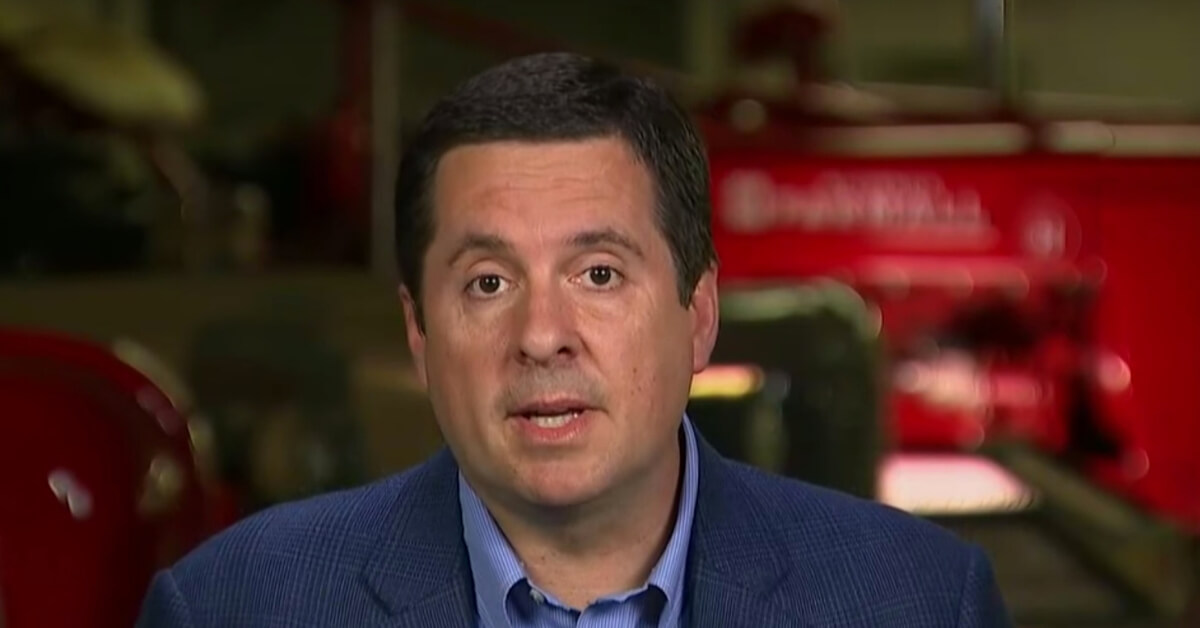California GOP Rep. Devin Nunes is suing Twitter and its users for over $250 million in damages. In the lawsuit, Nunes alleges that Twitter has knowingly hosted defamatory content about him, intentionally shadow-banned his account, and attempted to sabotage his work on the House Intelligence Committee.
The complaint was filed in Virginia state court on Monday and accuses Twitter of:
- Knowingly hosting and monetizing content that is abusive, hateful, and defamatory
- Intentionally shadow-banning Nunes in 2018 to restrict his free speech, amplify hateful and abusive content about him, and influence the 2018 Congressional election
- Attempting to derail Nunes’ work on the House Intelligence Committee which he chaired until 2019
The complaint also names specific Twitter accounts that Nunes claims spread defamatory materials which include:
- Claims that Nunes colluded with prostitutes and cocaine addicts
- Claims that Nunes uses cocaine
- Claims that Nunes was involved in a Russian money laundering front
Nunes’ suit claims that Twitter did not investigate or review the defamation that was in plain view on its platform and that it consciously allowed defamation of Nunes to continue, despite the content being reported to and reviewed by Twitter’s content moderators.
In total, the lawsuit is seeking $250 million in compensatory damages and $350,000 in punitive damages against Twitter and some of its users. Additionally, it contains an injunction compelling Twitter to identify the people behind a number of accounts that Nunes claims harassed and defamed him.
Platforms like Twitter are usually protected from liability for user generated content under Section 230 of the Communications Decency Act. However, Nunes’ suit claims that Twitter should face liability for defamation because:
- It has been actively banning and curating content on its platform
- It has a duty to avoid hosting defamatory content because of its increasingly important role in current affairs






















